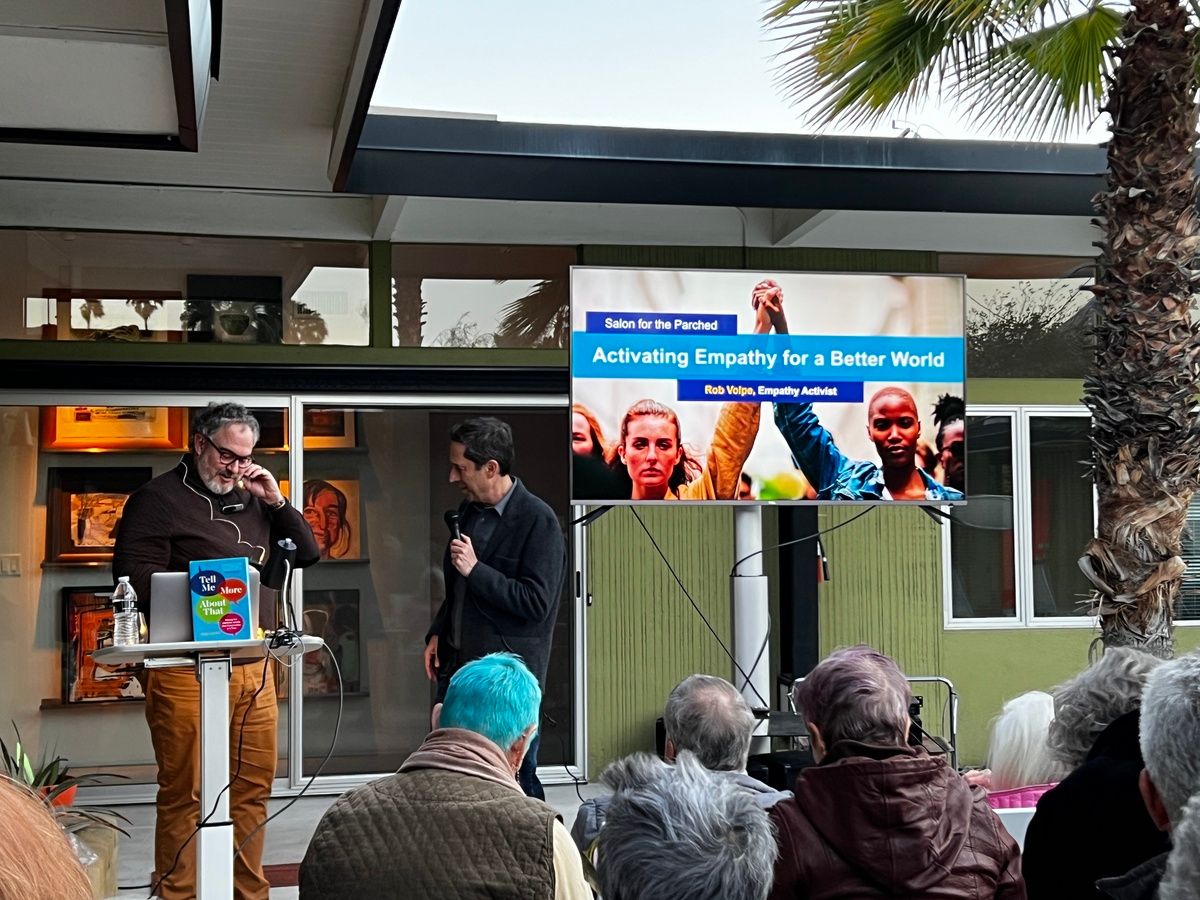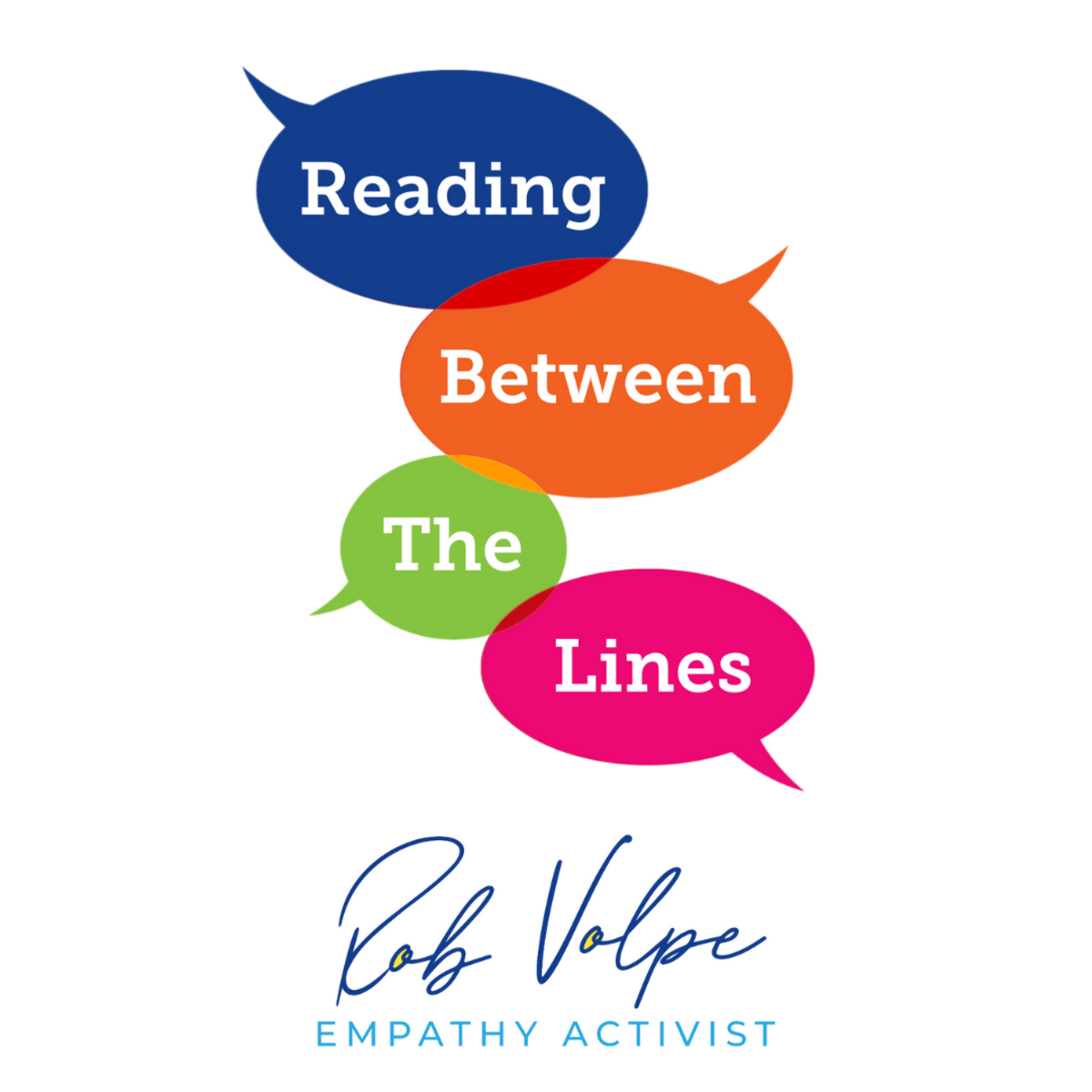“Brown-eyed and judgy. That’s us,” I wrote in Tell Me More About That’s chapter “Mother Would Never Do That” to describe two dominant genetic characteristics in my family lineage. I heard on a Zoom call earlier this week that reading about my proclivities toward being judgmental made a former client feel better about her own challenges with the “j” word. Having been in the field with me on research projects, she thought I had a preternatural gift for being non-judgmental. Au contraire.
Judgment is a base response that helps us discern situations. We “make judgments” or decisions continually throughout the day—from the clothes we’re going to wear on a Wednesday to business decisions at work to what we’re going to have for dinner. We need judgment in order to survive, and even thrive.
What we don’t need is make-a-judgment’s evil twin: being judgmental. On the surface, the two can be confused. Both involve tossing around data and opinions and discerning those to come to a conclusion and take action.
Unlike making a judgment, being judgmental is when we look at the data through glasses tinted with our biases, stereotypes, dissonance, and past experiences. It can be a knee-jerk reaction to someone or something, not on merits but on perception or appearance. And we all know appearances can be deceiving.
What’s even more harmful is when we are judgmental toward ourselves. We truly are our own worst critics—and being judgmental against yourself isn’t going to help you move forward.
It would be fake news if I told you that I was above all that and lived a “judgment-free lifestyle.” Nothing could be further from the truth. It’s an everyday effort for me, and you know the old adage—Old habits…
Studies on changing such habits, from bad breakfast routines to conversation quirks, render no fail-safe routine that works for all. But, like empathy, change is not a destination. Rather, it’s a waypoint on our journeys through life as we incrementally better ourselves through learning, error, and occasional triumph. (I’m a fan of The Power of Habit by Charles Duhigg if you want to go deeper on habits.)
If, like me, you’re seeking a little reset on being judgmental, I’ve developed a few easy activities that keep that cantankerous judgment in check—with colleagues and loved ones alike. This week, I was even lucky enough to unveil them on my second appearance on Good Things Utah!
During that conversation, I shared an exercise that’s helped me manage being judgmental when it strikes: keeping a judgment journal. I’ve found this tool to be a powerful method to generate self-awareness which helps me initiate positive change. Here’s how:
Take a sheet of paper (or use your phone) and make note of moments you've been judgmental during the day.
Consider: What was going on? What prompted being judgmental and what words/thoughts/actions occurred as a result? What would you have done/said differently?
Be mindful and observe what trends or patterns are there that might need to be addressed. Where is that judgment coming from?
At the end of the day, tear up the paper and flush it or burn it to dispel the negative thoughts and enter the next day with a fresh start.
Another tip? If you feel judgy-ness beginning to come on, take a “curious breath” before responding to someone. Initially, you may want to react, but taking a conscious breath will generate the pause you may need to make the choice to not be judgmental. The benefit is a more pleasant experience and the possibility of better understanding (having empathy) with another person.
And, as always, be sure to have grace with yourself. After all, we’re human—and retraining ourselves in ways to live better takes time. Aim for progress, not perfection.
This April, do you have any mental housekeeping items on your to-do list? What’s taking shape?
I’d love to hear from you. Reply to this email to let me know!

Tell Me More About That was named
a finalist in the Benjamin Franklin Awards!

Wowza! Last week, it was announced that Tell Me More About That is one of 3 self-help finalists in the Independent Book Publishers Association’s Benjamin Franklin Awards!
I am so thankful not only to have readers finding the book entertaining and enlightening but also to have the publishing industry recognize what I set out to do in combining storytelling and information sharing. My deepest gratitude goes to this community (near and far!) for helping to spread the skill of empathy—and for supporting this work over the past year, one conversation at a time.
The gold medal winner will be awarded on May 5.
And if you haven’t had a chance to pick up a copy, here’s what Andrew Blotky, Founder and CEO of Azure Leadership Group and author of Honestly Speaking, shared: “Rob has poured his wisdom, heart, vulnerability, and experience walking in other people’s shoes into this thoughtful, funny, informative book.”
Regardless of the outcome, this nomination feels like a major win for empathy activists everywhere—and this one’s for you!
Where will empathy take you this year?
As I travel the country for speaking engagements on empathy, logging miles from coast to coast and abroad (heading to London the week of April 24 and Vancouver the week after with a stop in DC for another talk in between), I really appreciate the small moments of interaction that I get with people in the audience before, during, and after my talks.
Whether it’s the sales leader who shared stories of his experiences working at a bait-and-tackle store that taught him the importance of empathy in the selling relationship to the librarian who asked for guidance in finding alternatives to the potentially othering phrase “I can’t imagine…” when she really can’t imagine what the other person is going through. (We worked together to find words and phrases she was comfortable with, like asking “Help me understand…” or “Tell me more…” or “I can see…”) These interactions are so meaningful to me as people share how empathy has helped them or how they are looking to directly improve how they show up and interact with others.
This quote from Jim Jacobs, Founder/CEO of Focus Insite, on the impact of one of my talks, is among many I am grateful for—and gives me the jolt I need to make it through jetlag and sleepless nights: "It (empathy) has had a direct effect on our culture. People are understanding each other better."
There’s more to come, and I’d love to see you on my empathy tour! If we haven’t connected yet on LinkedIn, I share what’s ahead on my calendar on a regular basis. Perhaps our cities will align—and it would be wonderful to share space with you—or perhaps you know of an opportunity for me to give my talk, training, or workshop. If so, please let me know.
I’d love to know where you hope empathy will take you this year—large or small. What connections might the skill of empathy help to welcome into your life?
Below is a picture of me getting set up to speak last month to Salon 4’s The Parched in Palm Springs. It was outside and poolside, which was a first for me!

Reading Between the Lines is a newsletter designed to deliver of-the-moment insights into human behavior and empathy, drawn from the world of marketing research; practical and tactical tips on using the skill of empathy in everyday life; and exclusive updates to keep my community close on a biweekly basis.
I hope you enjoyed this issue. If you know of others that would be interested, I’d appreciate you forwarding this email to them—or inviting them to sign up at the button below. Thank you!
– Rob
